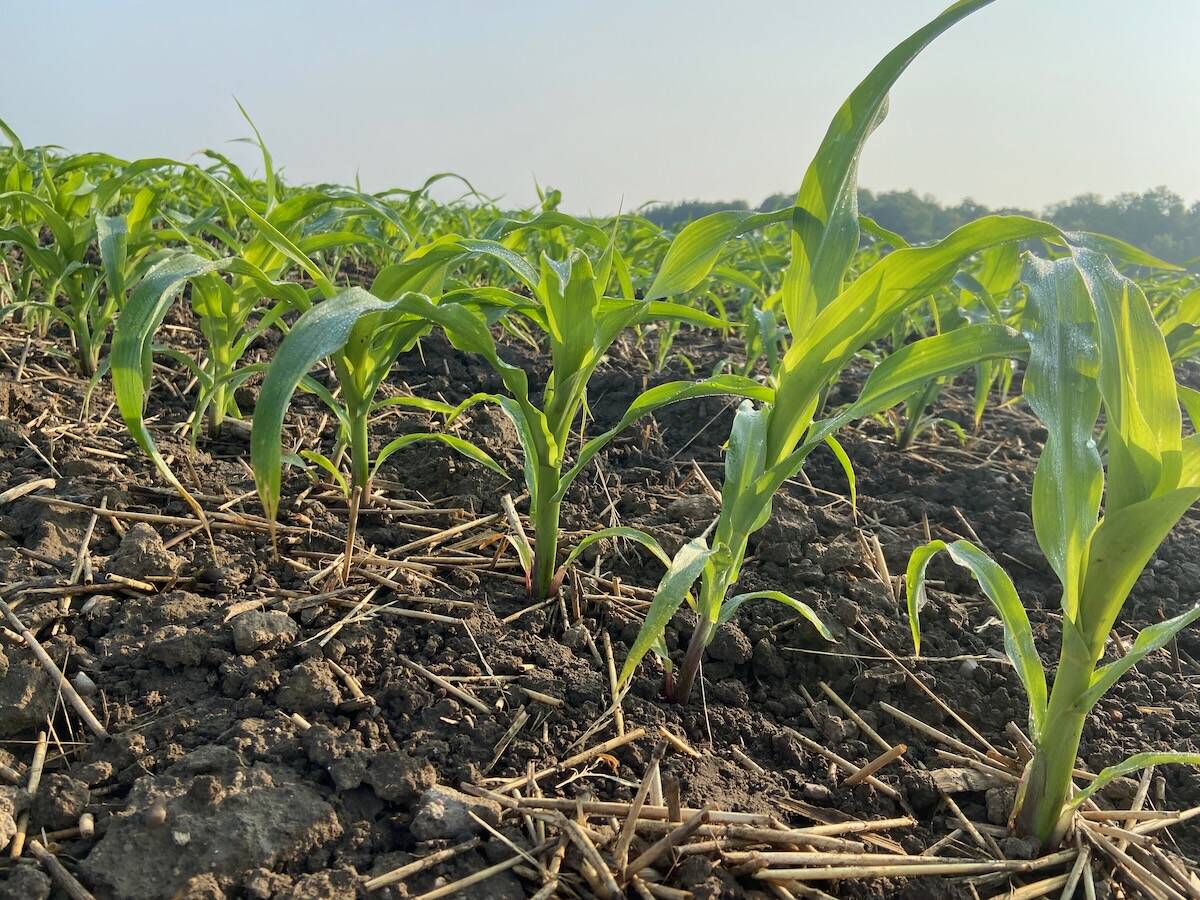Reuters / Monsanto Co., the world’s largest seed company, reported a deeper quarterly loss on Oct. 16 as seed sales slipped, and announced the acquisition of a high-tech climate data firm it touted as a “transformational” growth engine.
Overall, Monsanto lost $249 million, or 47 cents a share, in the fourth quarter, compared with a loss of $229 million (42 cents a share) a year earlier. Analysts on average were expecting a loss of 43 cents a share.
Sales rose to $2.2 billion from $2.1 billion, but sales of its key seeds and genomics business dropped to $1.19 billion from $1.2 billion.
Read Also

Can we trust the USDA crop data anymore?
Indications that farmers, analysts and traders have started to lose trust in U.S. Department of Agriculture data are hardly a surprise.
Monsanto officials said in a conference call with investors that the acquisition of San Francisco-based Climate Corp. was a transformational event.
The deal, expected to close in the current quarter, will give the seed and chemical giant a technology platform with significant growth potential, the officials said.
“This is the entry ticket into a $20-billion market opportunity and it starts fast,” chairman Hugh Grant said on the call. “It’s an important addition. It will strengthen our growth rate over the coming decade.”
Monsanto and rival DuPont Pioneer have been racing to roll out such data-driven products to help farmers boost production.
The Climate Corp. weather data products will be incorporated into Monsanto’s FieldScripts precision-planting platform for farmers. FieldScripts is designed to help farmers make dozens of decisions related to planting, field management and harvesting.
Monsanto plans to launch FieldScripts across four states on hundreds of thousands of acres at a price of about $10 per acre in 2014.
Monsanto said it would likely take a year to incorporate Climate Corp. weather data into its FieldScripts platform, and company officials said they would be determining over that period how much higher they can price the FieldScripts offering, based on how much additional yield the information can give farmers.
Grant said the technology could be sold to farmers planting an array of crops, whether or not Monsanto sells the seeds those farmers use.














